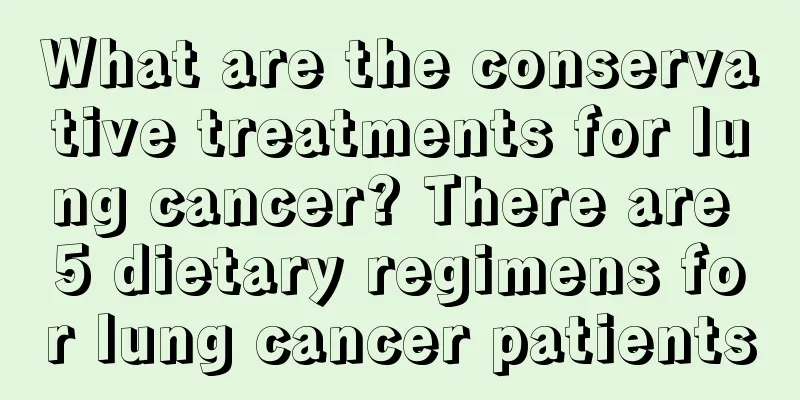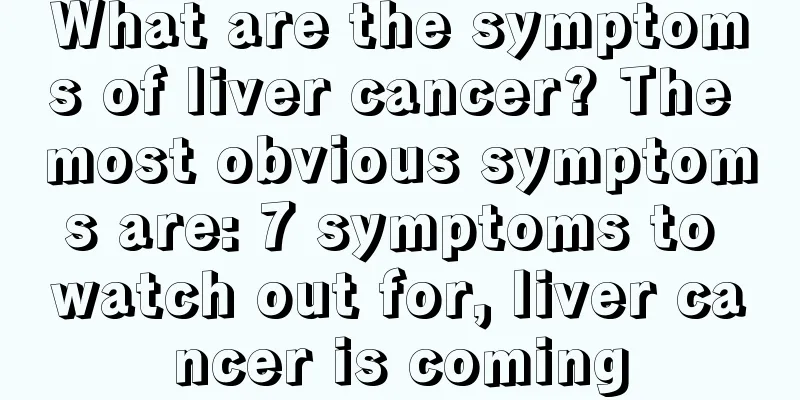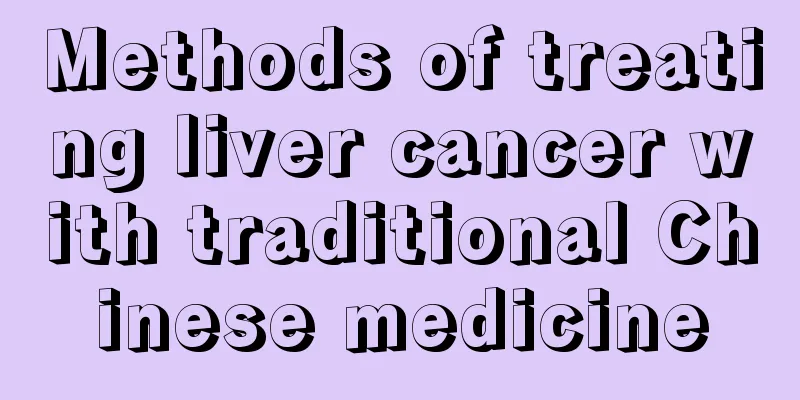How to treat peptic ulcer?

|
To put it simply, peptic ulcer is a chronic ulcer of the stomach and duodenum. It is also a common and frequently occurring disease, and the causes of its formation vary. Common symptoms include stomach acid, upper abdominal pain, heartburn, etc. Peptic ulcer can heal on its own after it occurs, but it is prone to relapse after healing. Many people suffer from it. So how to treat peptic ulcer? 1. Life Peptic ulcer is a typical psychosomatic disease. Psychological and social factors play an important role in the onset of the disease. Therefore, an optimistic mood, a regular life, and avoiding excessive tension and fatigue are very important both during the onset and remission of the disease. When the ulcer is active and the symptoms are severe, you should rest in bed for a few days or even 1 to 2 weeks. 2. Diet Before the advent of H2 receptor antagonists, diet therapy was the only or main treatment for peptic ulcers. In 1901, Lenhartz pointed out that eating small and frequent meals was beneficial for patients. Subsequently, the Sippy diet therapy came out and has been used clinically for decades. The Sippy diet mainly consists of milk, eggs, and cream, and later includes some "soft" non-irritating foods. The principle is that these foods can dilute and neutralize stomach acid for a long time. The following views are held on the diet of patients with peptic ulcer: ① Chew slowly and avoid eating in a hurry. Chewing can increase saliva secretion, which can dilute and neutralize gastric acid and may have the effect of improving the mucosal barrier; ② Eat regularly at fixed times to maintain the rhythm of normal digestive activity; ③ During the acute active period, it is advisable to eat small meals frequently, 4 to 5 times a day, but after the symptoms are controlled, it should be encouraged to quickly return to the usual 3 meals a day; ④ Pay attention to nutrition in the diet, but there is no need to prescribe a special diet; ⑤ Avoid snacks between meals and do not eat before going to bed; ⑥ During the acute active period, you should quit smoking and drinking, and avoid irritating condiments or spicy drinks such as coffee, strong tea, strong broth, chili vinegar, and drugs that damage the gastric mucosa; ⑦ Do not eat too much to prevent excessive expansion of the gastric antrum and increase the secretion of gastrin. 3. Calmness For a small number of patients with symptoms such as anxiety, tension, and insomnia, some sedatives or tranquilizers can be used for a short period of time. 4. Avoid using ulcer-causing drugs Patients should be advised to stop taking drugs that may induce or cause worsening of ulcer disease or bleeding complications, including: ① salicylates and non-steroidal anti-inflammatory drugs (NSAIDs); ② corticosteroids; ③ hemolytic drugs, etc. If the above drugs must be used for rheumatism or rheumatoid arthritis, enteric-coated formulations or small doses should be used intermittently. At the same time, adequate anti-acid treatment and enhanced mucosal protective agents should be carried out. |
<<: How to care for an anal fistula?
>>: What are the side effects of freezing point hair removal
Recommend
How to improve sleep
Night is the time when the body and brain fall as...
Can tongue cancer be cured? How to treat tongue cancer
Tongue cancer cannot be completely cured through ...
What is the function of camphor
I believe many people are familiar with camphor. ...
What are the dangers of wearing contact lenses frequently
Many people like to wear contact lenses, thinking...
Can peanuts and taro be eaten together?
Peanuts are a very common snack in our lives. Thi...
What are the early symptoms of endometrial cancer? 8 types of women are favored
What is endometrial cancer? Endometrial cancer, a...
What causes acne in the nasal cavity
Acne in the nasal cavity is generally caused by g...
What is the cause of stomach fire?
The term stomach fire is very common in tradition...
What causes hives?
Wheals are a common urticaria disease and a curre...
Are smoking cessation patches harmful to the body?
Modern people are under a lot of pressure, and ma...
What does 3 white blood cells in urine routine mean
When doing a routine urine test, if the result is...
Does a stuffy stomach mean cancer? Not necessarily
When the stomach feels blocked, it is not necessa...
Do you sleep at noon during the college entrance examination?
Most candidates are quite nervous before the coll...
The best time to exercise in the morning
It is a cliché that life lies in movement and exe...
What are the causes of thyroid lesions
Thyroid lesions are also a common multiple diseas...









